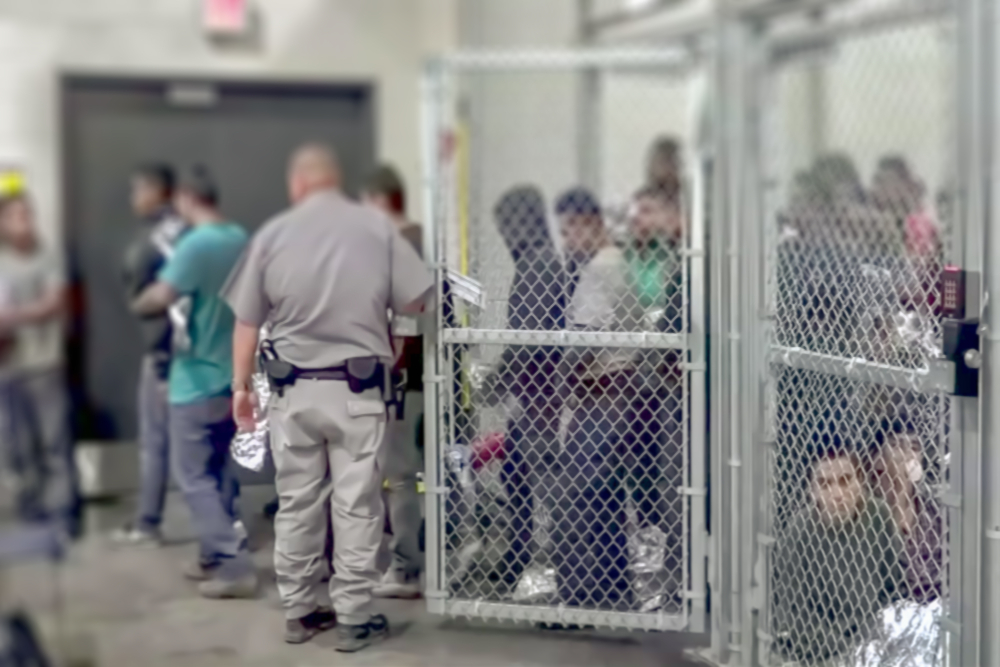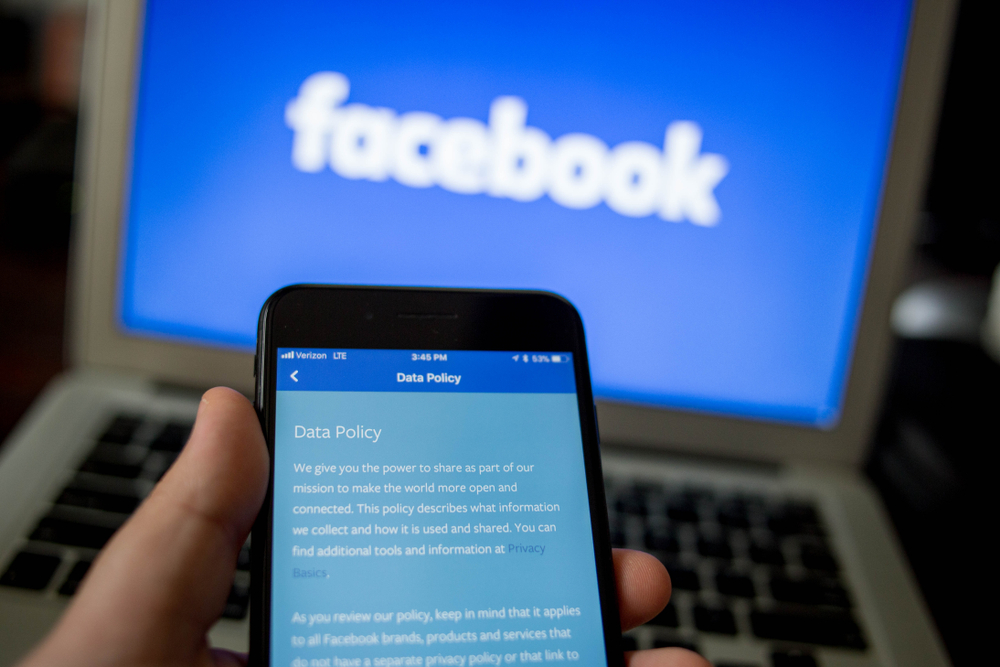A recent ruling by the U.S. Supreme Court has the potential to leave more than 61 million women without insurance coverage for birth control, based on the decision of their employers, one advocacy group says.
Those who favor the decision, though, say it is a huge victory for religious freedom.
The Supreme Court upheld a Trump administration exemption to the Affordable Care Act that allows employers with moral or religious objections to opt out of covering employees for contraception. The case will now go back to a lower court, which has been instructed to lift an injunction on President Donald Trump’s exemption.
The 7-2 decision is only the latest twist in the battle between those who back the “contraception mandate” in President Barack Obama’s signature healthcare legislation and those who stand with Trump, who has worked to limit or kill the ACA altogether.
RELATED: Supreme Court upholds robocall ban, but the phones keep ringing
RELATED: Supreme Court’s DACA decision far from a final answer for Dreamers
Some religious groups praised the decision.
“The government has no business forcing pro-life and religious organizations to provide drugs and devices that can destroy life,” John Bursch, a lawyer with Alliance Defending Freedom, said in a statement,” according to the New York Times.
“Organizations seeking to protect access to birth control and abortion denounced the ruling as an assault on women that, as NARAL Pro-Choice America said on Twitter, ‘gave the Trump administration a green light to attack our birth control coverage.’”
The National Women’s Law Center has vowed to continue the fight for birth control coverage for all women who want it.
While the Times states that as many as 126,000 women could lose contraceptive coverage from their employers under the ACA, the NWLC calculates that as many as 61.4 million women who now have coverage could lose it at the whim of their employers.
“The rules allow virtually any employer or university to exempt itself from the Affordable Care Act’s requirement that insurance plans must cover contraception without out-of-pocket costs,” the NWLC said in a statement.
“The Court is turning its back on people who need birth control and setting a dangerous precedent by allowing the Trump-Pence Administration to use religion as an excuse to discriminate,” said Fatima Goss Graves, president and CEO of the NWLC. “The Administration’s rules show the extreme, cruel lengths it will go to restrict access to reproductive care, and now the Court has endorsed them. It’s unconscionable that we’re still fighting at the Supreme Court for basic access to birth control – even during a pandemic and economic crisis.”
She pointed out, however, that the decision left the door open for lower courts to invalidate the Trump exemption. “We won’t stop until everyone can get birth control coverage once and for all, no matter where they work or go to school.”
The NWLC is working with state legislatures and Congress to pass laws that protect access to birth control. “We are at the forefront of making sure women get insurance coverage of birth control as guaranteed by law,” Graves said.
The Alliance Defending Freedom deemed this decision a priority.
“I think it is a huge win for rights of conscience, which is a priority for Alliance Defending Freedom,” said Kevin Theriot, senior counsel and vice president of the Center for Life at ADF. “We want to make sure people aren’t being forced by the government to violate their convictions. That is true in the abortion context and across the board. It is something our nation was founded upon. One of the things this case points out is that we have to respect differences of opinion in our society.
“The rule was forcing employers to provide drugs and devices that will destroy life,” Theriot said. “Trump put it into a broad exemption to pursue their mission consistent with their beliefs. The Supreme Court was right to uphold it.”
Numerous states, including California and Hawaii, fought against this exemption, but were unable to name even one woman who would not have access to birth control as a result, Theriot said.
“They said Little Sisters of the Poor or March for Life, our client, might have employees that want this and it should be part of employee benefit plans, yet they could not identify anybody who might want access that could not get it. They did a lot of speculating.”
Opponents of Trump’s exemption were especially disappointed since two liberal members of the court voted with the majority – Justices Elena Kagan and Stephen Breyer. Both had dissented in 2014 when the court ruled 5-4 that requiring family-owned corporations to provide birth control coverage violated a federal law that protects religious freedom.
Kagan wrote a concurring opinion that said the ACA itself authorizes regulators to allow employers with religious objections to get exemptions. It said the Obama administration already had adopted one limited to churches. Kagan said the question of whether the Trump administration has provided adequate justification for its more sweeping exemption is a question for another time.
According to the Kaiser Family Foundation, a site for national healthcare issues, “access to contraception is a key element in shaping women’s health and well-being. Contraception is most notably used for family planning, but also to control symptoms associated with menstruation, endometriosis, and acne. Nearly all women (99%) have used contraceptives at some point in their lives and 62% of women are currently using at least one method.”
Seven in 10 women of child-bearing age – there are more than 60 million in the U.S. – are sexually active and do not want to become pregnant, the foundation report states. “The most common form of contraception among women currently using contraception is the pill (26.7%) followed by female sterilization (25.1%) and male condoms (22.8%).”
Still, the ACA allows for exemptions from coverage of such contraceptives, wrote Justice Clarence Thomas, in the majority opinion.
“The only question we face today is what the plain language of the statute authorizes,” Thomas wrote. “And the plain language of the statute clearly allows the departments to create the preventive care standards as well as the religious and moral exemptions.”
The Obama administration already had made accommodations for religious groups like hospitals and schools. “However, those groups argued the workarounds still forced them to violate their religious beliefs because they would still have to play a role in securing birth control coverage for their employees,” Politico reported.
In dissenting, Justice Ruth Bader Ginsburg, joined by Justice Sonia Sotomayor, said the majority of the court had given too much power to religious belief.
“Today, for the first time,” Ginsburg wrote, “the Court casts totally aside countervailing rights and interests in its zeal to secure religious rights to the nth degree.”














